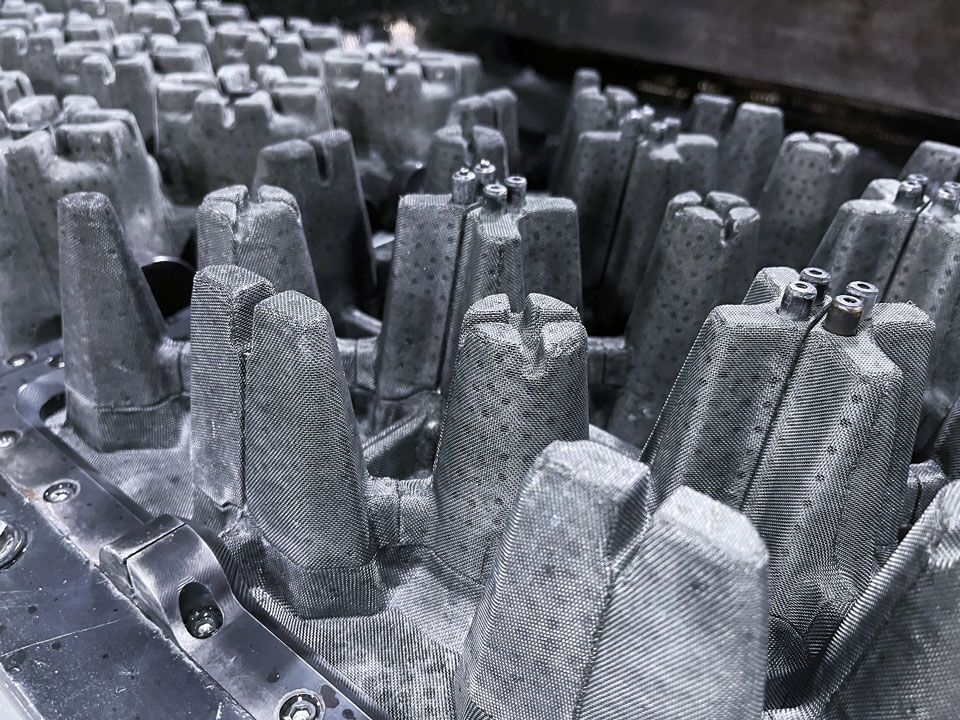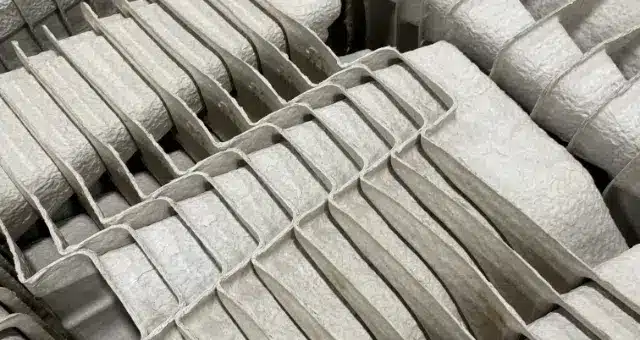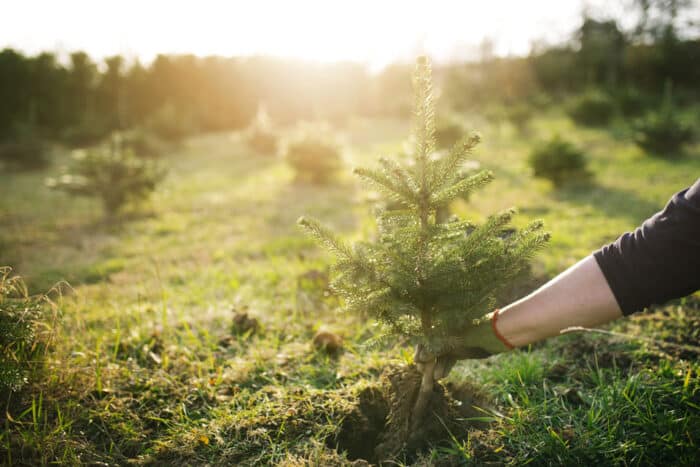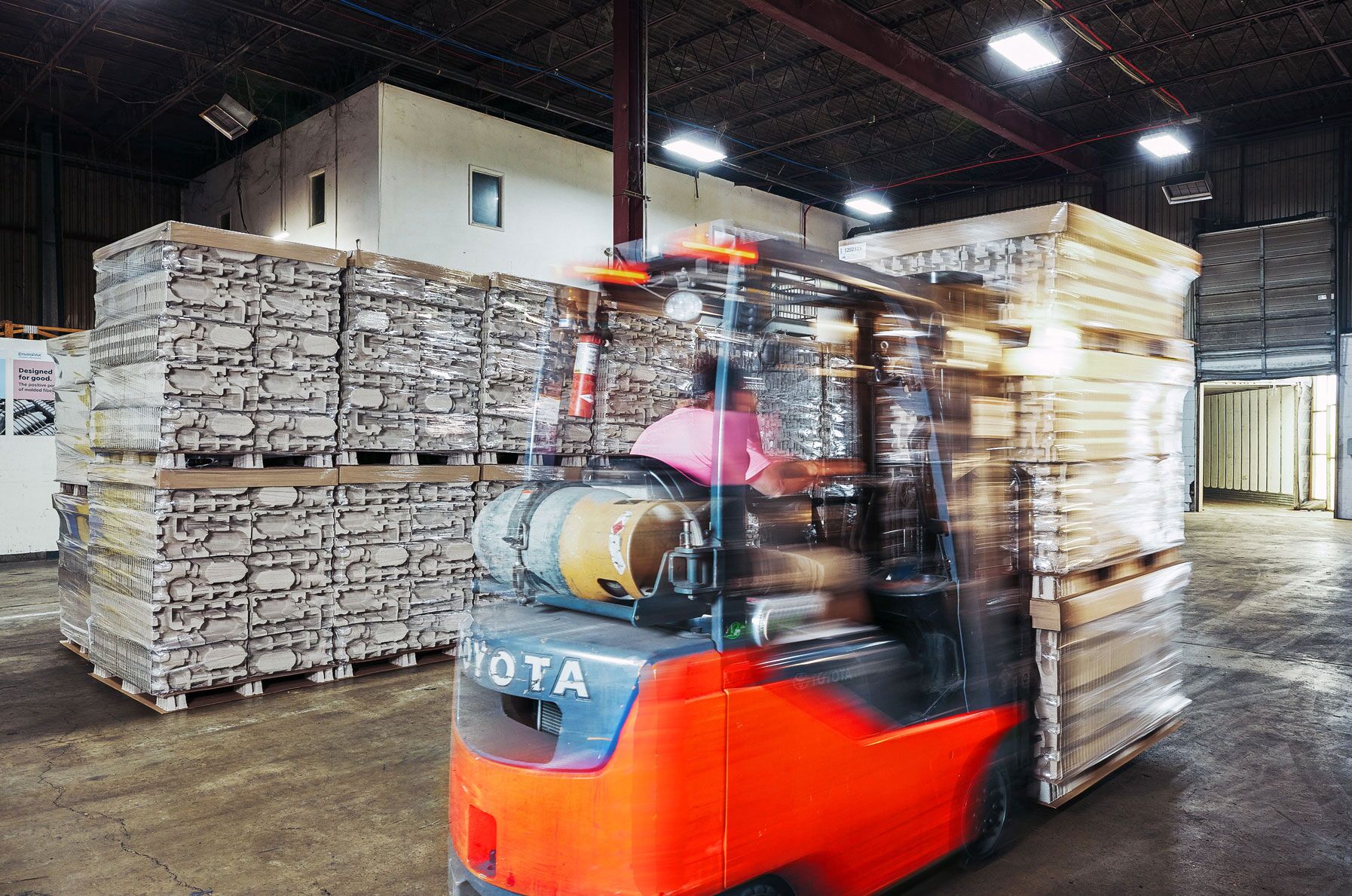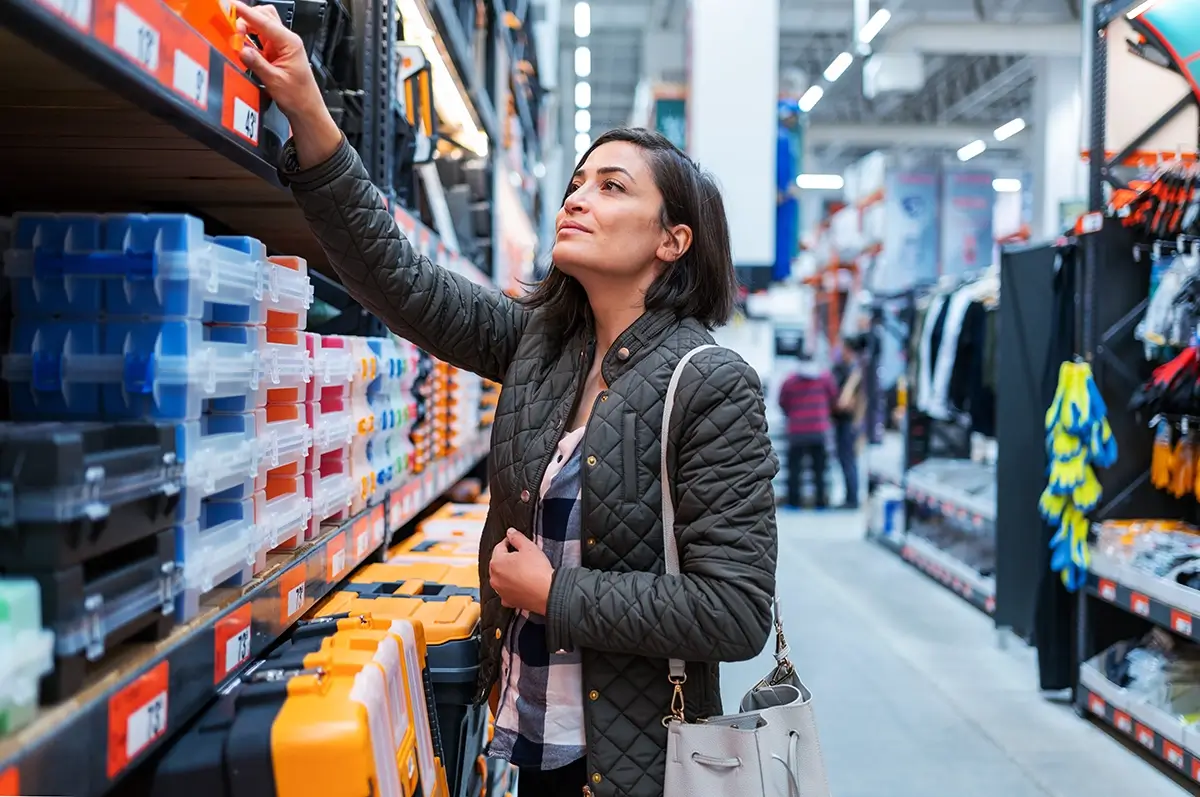✕
Close ✕

Subscribe today.
The PULPit, the official eNewsletter of EnviroPAK, is your single source for everything molded fiber and the future of sustainable packaging.
- Stay informed with our products and services
- Gain insights on sustainable packaging trends
- Enjoy access to exclusive subscriber only content
By signing up for the PULPit newsletter from EnviroPAK, you agree to our terms and privacy policy. You may receive email updates from EnviroPAK and can opt out at any time.
Thank you for subscribing.
Check your email for your first issue of the PULPit to help kickstart your sustainable packaging journey.
FAQs
Learn why molded fiber is the right answer for your packaging needs.
The answers to our most commonly asked questions about custom molded fiber packaging can be found here. There are many positives that this protective, resilient, and sustainable molded fiber material can provide for your product.
FAQs:
How did EnviroPAK® get its start?
EnviroPAK® was founded by a team of entrepreneurs and engineers in 1995. They saw an opportunity to provide world class custom molded fiber packaging solutions that could be both cost-efficient and environmentally friendly compared to polystyrene (EPS) and other plastic packaging materials. A combination of technology in product design, tool making, and pulp molding machine design made their vision possible.
What is the manufacturing capacity of EnviroPAK®?
Since day one, EnviroPAK® has continued to add production capacity to meet customer needs. We have multiple molding lines and redundant manufacturing facilities capable of producing a range of volumes from hundreds of thousands to millions of parts. EnviroPAK has some of the fastest and most advanced molded fiber machines in the packaging industry.
What are the most common applications for molded fiber packaging?
Custom designed molded fiber packaging has become the material solution of choice for electronics and computer peripherals. It is also commonly used for appliances, telecommunications, medical, food service, consumer goods, candles, automotive, furniture protection, bottled goods, and more. Molded fiber is a cost-effective choice for moderate to high volume packaging with some weight restrictions.
How can molded fiber align with my company’s sustainability initiatives?
Our packaging products are made from 100% recyclable molded fiber which helps sustain our planet and reduce your carbon footprint. This , 100% biodegradable material has the ability to decompose rapidly and can break down into natural elements in a compost environment. This is important for your company because it’s important to your eco-conscious customers and how they view your brand.
What designs are possible with molded fiber?
There are no design limits. Molded fiber packaging can be custom designed to feature deep cavities and complex geometry to protect your product’s most fragile angles and protrusions
What volumes are best suited for molded fiber?
Each project is evaluated on an individual basis. While EnviroPAK® has customers with volumes ranging from thousands to millions of parts, molded fiber is best suited for moderate to high volume applications.
What material is used to produce molded fiber?
EnviroPAK’s molded fiber is produced 100% recycled paper (typically post-industrial) and water.
Is dust an issue with molded fiber packaging?
EnviroPAK® molded fiber packaging does not generate any more dust than other paper-based packaging material such as corrugate.
Can custom molded fiber packaging be used for cushioning applications?
Can you think of products more fragile than eggs? Molded fiber has protected them for over 100 years. Our custom molded fiber packaging has passed rigorous testing requirements set by UPS, FEDEX, Amazon, and ISTA. Molded fiber exhibits superior performance in shipping tests by providing superior protection against the damaging effects of vibration and shock.
How does the cushioning of molded fiber compare to other packaging materials?
From a protective standpoint, molded fiber features an inherent resilience that enables it to outperform most vacuum-formed plastic and corrugated designs as well as expanded polystyrene (EPS), especially when vibration is involved.
What are the weight bearing capabilities of molded fiber?
The load bearing capability of any material is a function of the surface area available for cushioning. Contact us with your specific application and let one of our engineers tell you more about how we can meet your exact design requirements.
Can EnviroPAK® make its own tools?
Yes. In addition to our modern manufacturing facilities, we also maintain some of the most technologically advanced design and tool making capabilities in the industry. We have built a full-scale tooling center in-house that includes powerful and precision driven CAD design software and advanced CNC milling equipment. We are able to take packaging from concept/ideation to final manufactured product as fast as anyone in the packaging industry. We even produce a “Tool for Life” that saves you thousands of dollars over the life of your product.
What is the cost of molded fiber tooling?
The cost of our molded fiber tooling is standard to the industry. Unique to EnviroPAK® is that we produce a “Tool for Life” for your project which can save you thousands of dollars over the life of your product.
What are the cost advantages of using molded fiber compared to other materials?
Costs associated with the price of packaging includes transportation, warehousing, labor and design. We save customers money and resources every day in each of these categories. EnviroPAK® molded fiber custom packaging can reduce costs by as much as 70% when compared to other packaging materials in these categories.
What information do you require for a price quote?
A price quote can usually be developed in a few days based on your preliminary concept, design, and annual quantity estimates. To get a design quote started for your custom packaging project, just use our contact form.
What is the NMFC number and freight classification of molded fiber?
The molded fiber NMFC number is 153290 and it ships Class 200.

